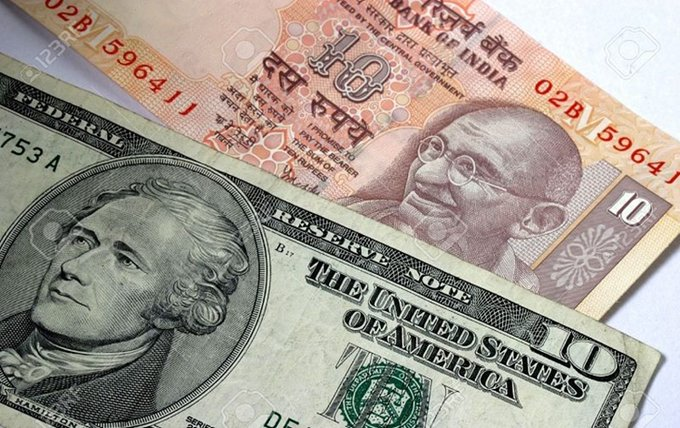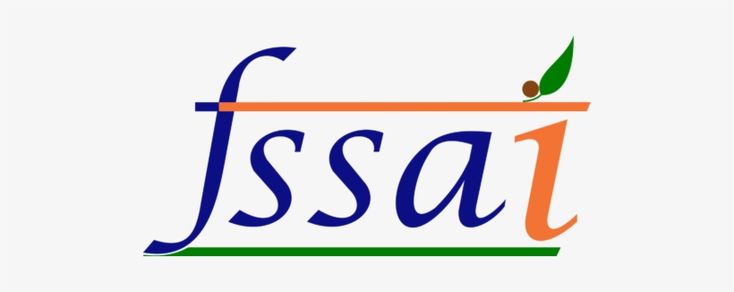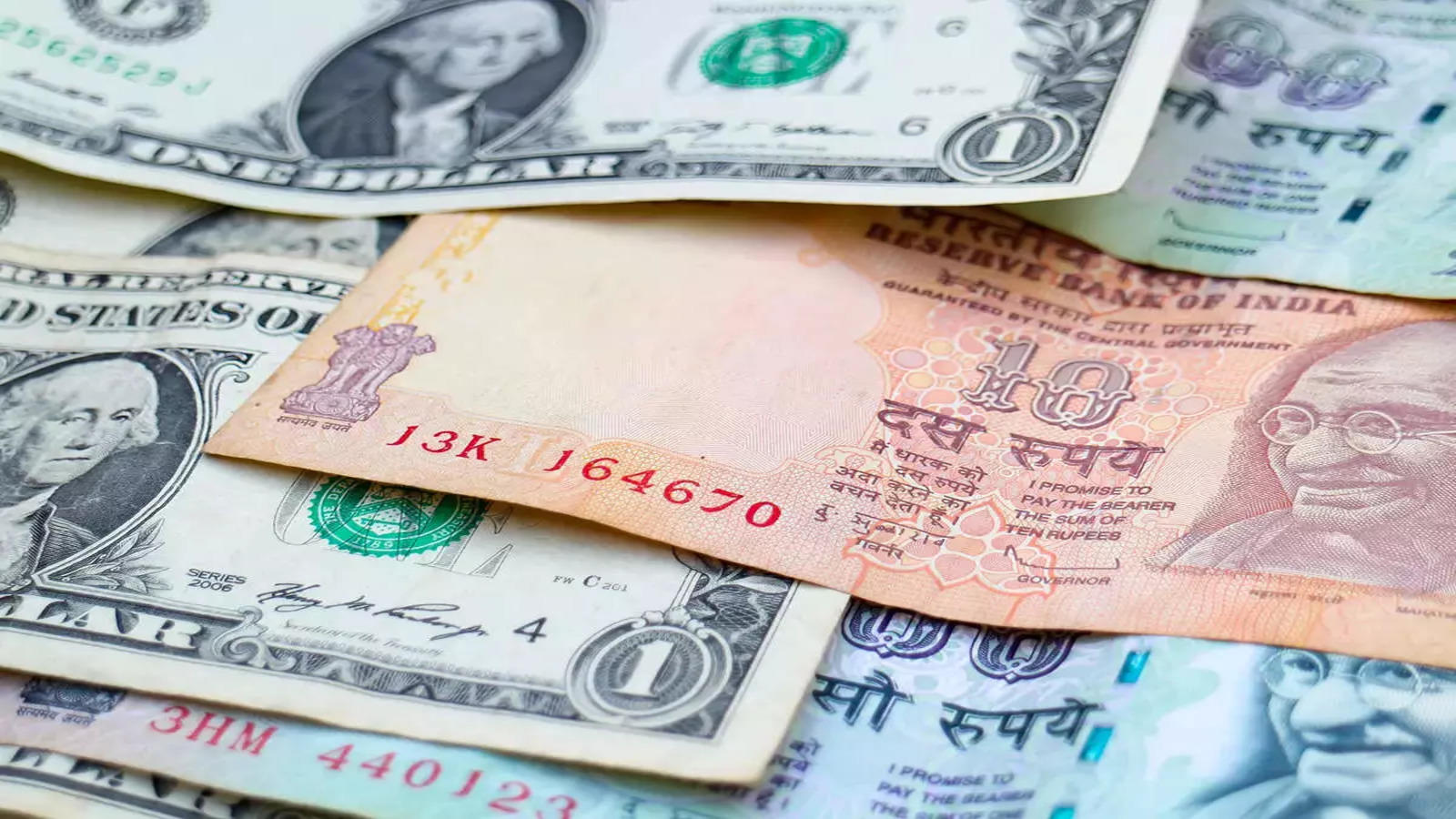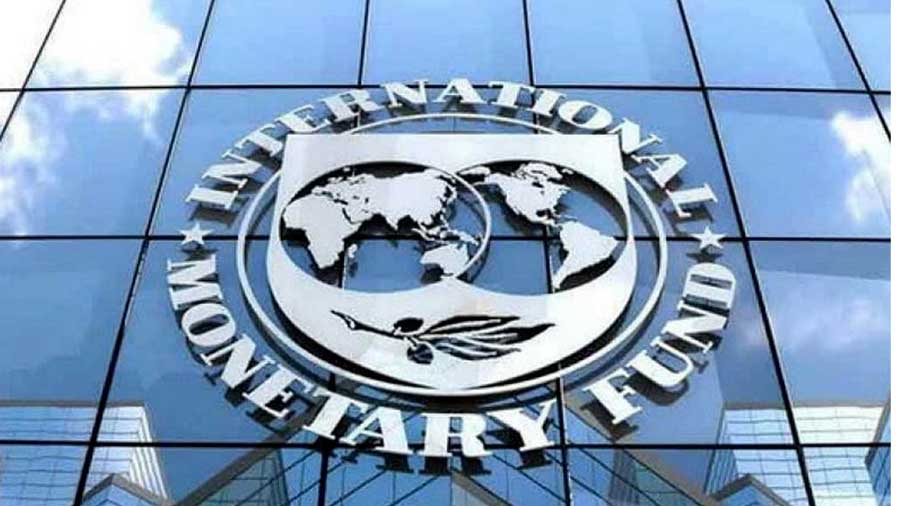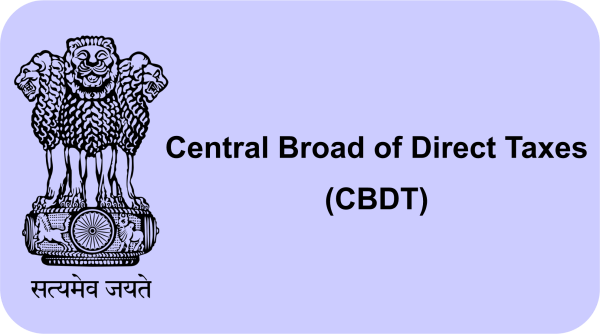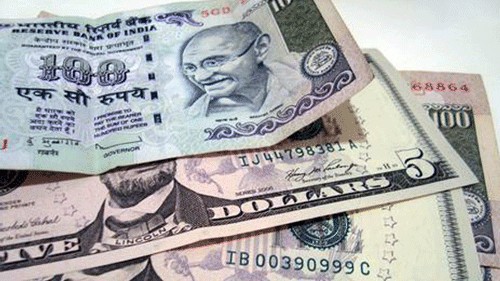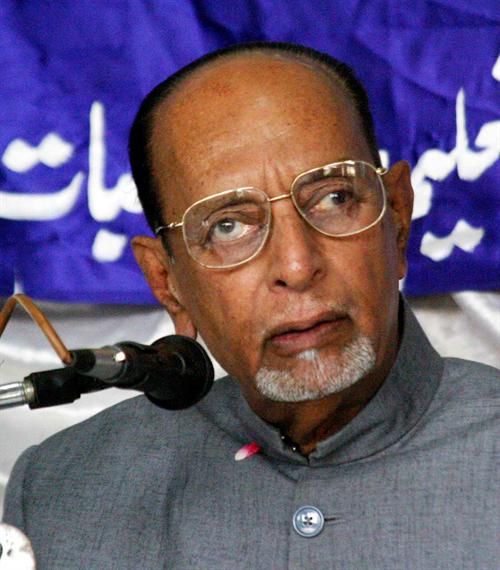GST Bill Proposes to Cut Cap on Tax Penalties
Tue 28 Mar 2017, 22:20:23
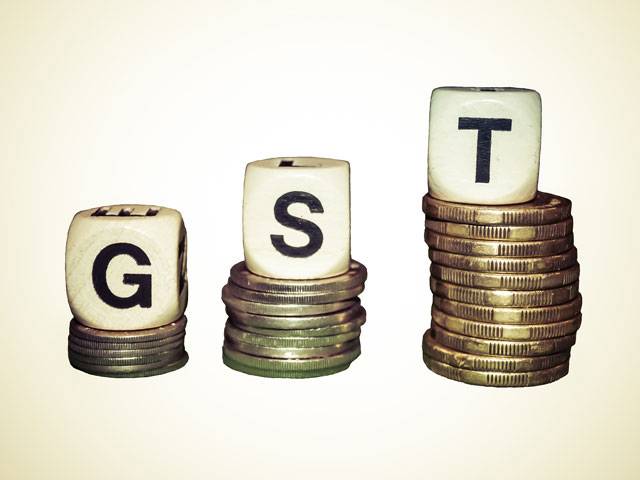
The Central Goods and Services Tax (GST) Bill, one the four legislation introduced in the Lok Sabha on Monday, has a provision which looks to cap the interest on delayed or non-payment of taxes at 18 percent. The current cap on some of the taxes levied by the Centre like service tax and excise duty is as high as 36 percent.
If a person fails to pay tax within a specified time, an interest not exceeding 18 percent will apply. The rate of interest will be notified by the government on the recommendation of the GST Council, reads the bill.
The law also states that if GST is collected by a merchant from the customers, but has not been deposited with the government, a penalty equivalent to the amount of tax not paid will be levied, plus interest.
The interest in this case is also currently capped at 36 percent.
Cap proposed under GST for non-payment or delay in paying taxes and wrong claim of input tax credit.
Currently, interest rate on excise duty, service tax, customs (countervailing duty and special additional duty) is 15 percent, and if an assessee has collected service tax or excise but not deposited it
with the government, then interest rate of 24 percent is levied. However, the cap is 36 percent, Sumit Lunker, indirect tax partner at PricewaterhouseCoopers told.
with the government, then interest rate of 24 percent is levied. However, the cap is 36 percent, Sumit Lunker, indirect tax partner at PricewaterhouseCoopers told.
The current ceiling on input tax credit for service tax and excise stands at 36 percent. Amit Sarkar, An independent tax expert
The Bill also proposes to cap the interest levied on the claim of wrong input tax credit at 24 percent. The current cap in this case is also 36 percent. Input tax credit is the benefit received for the tax which has already been paid on the input used for a particular product.
L Badri Narayan, Partner at Lakshmikumaran & Sridharan, told BloombergQuint that a higher penalty, compared to delayed or non-payment, will ensure that the amount collected by the merchant is not used for working capital and financial benefits of companies. This would lead to more stable tax collection and administration, he said.
The bill also proposes to give powers to tax officials to attach property or seize bank accounts to secure the tax due to government, a clause which is already present in current tax laws.
No Comments For This Post, Be first to write a Comment.
Most viewed from Business
AIMIM News
Owaisi Begins Election Campaign in Hyderabad
Apr 13, 2024
Bring back Indian workers in Israel: Owaisi
Apr 13, 2024
Latest Urdu News
Most Viewed
May 26, 2020
Do you think Ruturaj Gaikwad would be a good captain for Chennai Super Kings?
Latest Videos View All
Like Us
Home
About Us
Advertise With Us
All Polls
Epaper Archives
Privacy Policy
Contact Us
Download Etemaad App
© 2024 Etemaad Daily News, All Rights Reserved.

